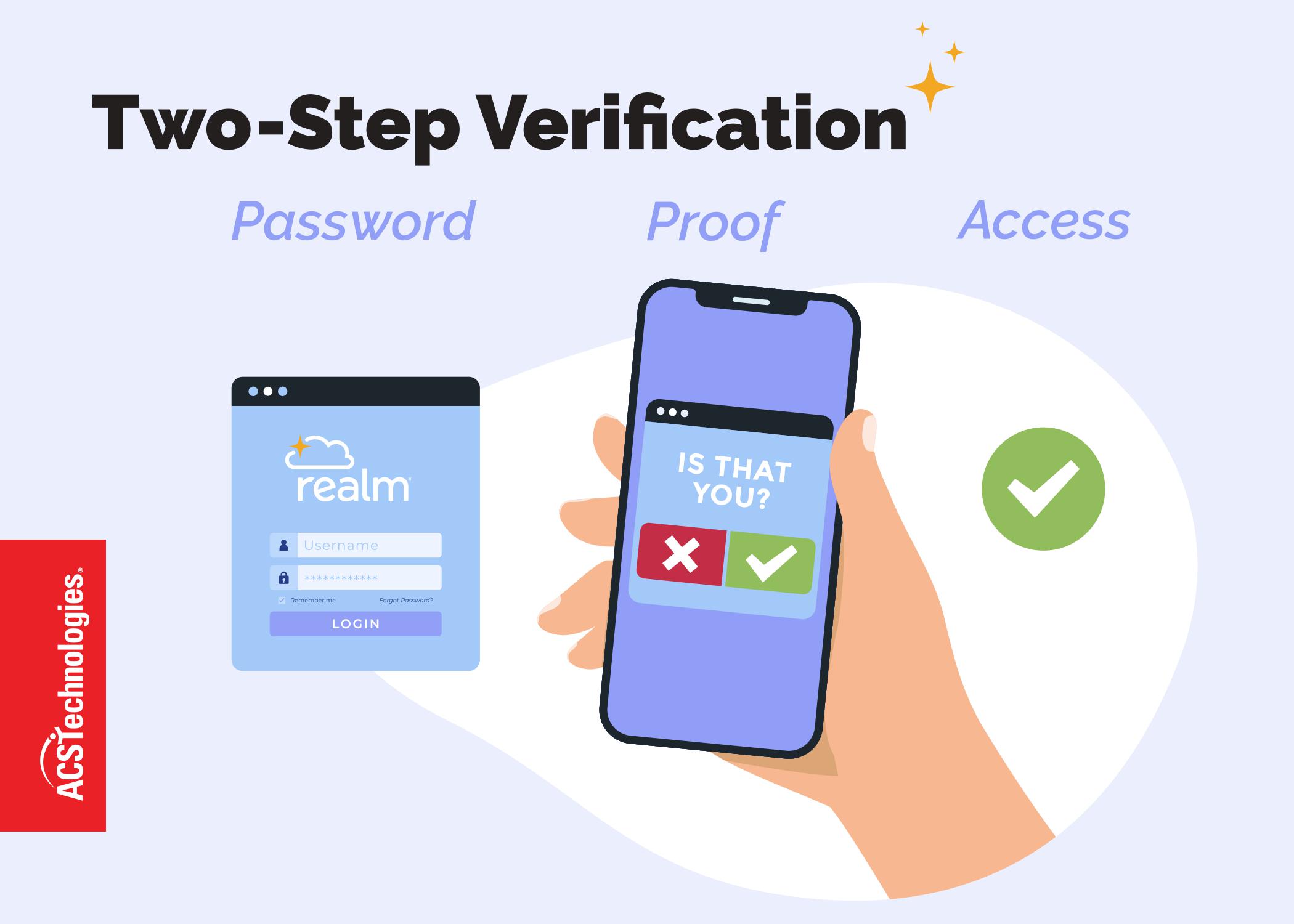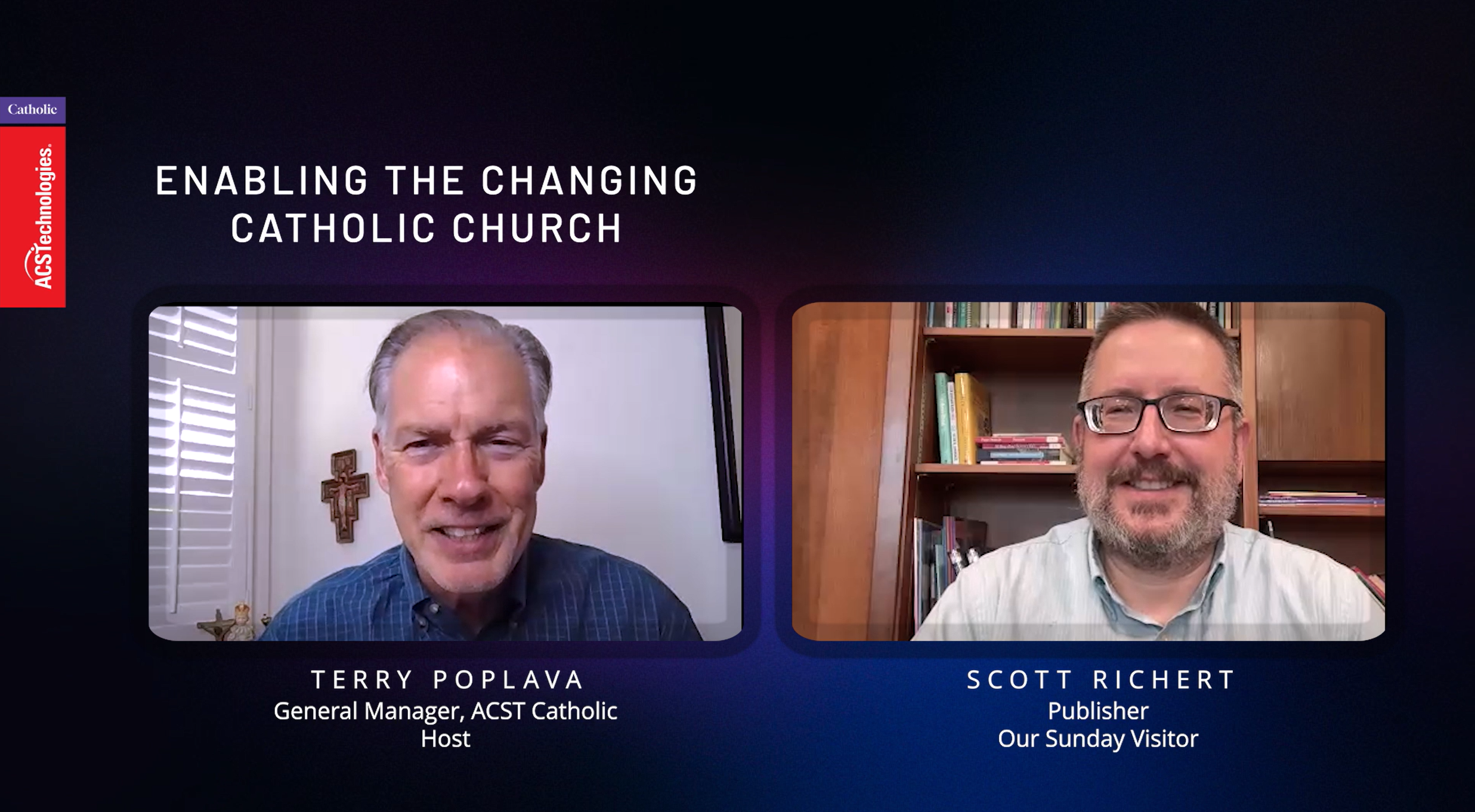I’ve sat through a lot of church staff meetings. I’ve sat in planning meetings, prayer meetings, brainstorming meetings, reflection meetings, and meetings about future meetings. Some have been incredibly productive, and others have been huge wastes of time. My most memorable meeting involved a 3 hour discussion where we discussed the pros and cons of setting up tables for an event in a H shape verses a T shape. We went with the T shape.
Meetings have to happen, but they cost a lot of time and money so they should be planned and executed well. A good church staff meeting helps your team plan and implement ideas. A bad meeting wastes time and kills morale. Well run meetings multiply effort, focus, and thought power. Bad meetings drain resources and create conflict.
Meetings are powerful because they get teams working together, and a church staff who works together accomplishes more together than they could on their own. Here are 8 guidelines for church staff meetings that work.
- Establish meeting norms. Here are a few favorites: start on time, end on time, Stick to your agenda, value everyone’s ideas, encourage crucial conversations, and invite the “only the right people”.
- Keep meetings short. Most meetings should take an hour. If your team is hard to get together and needs more than an hour, they may go longer.
- Use virtual meetings when possible. Several good virtual meeting options exist for organizations that have members spread across a city or region.
- Test technology. Test your presentation software, virtual meeting program, videos, websites and network. You can’t afford to waste time while trying get it started because people will loose focus.
- Assign roles. Choose a facilitator, a material gatherer, note taker, and time keeper. You may even designate a “referee” to guard against side talk.
- Stick to your agenda. Cover the topics you set out to cover. Create a “parking lot” for ideas, questions, and other important things that come up during conversation but don’t fit on the agenda.
- Send out your agendas ahead of time. Use your ChMS to send your agendas out to your team so that they can be prepared to discuss issues and answer questions.
- Send out meeting notes after your meetings. Use your ChMS to remind people of discussed topics, decisions made, action items, timelines, and follow-up questions.
If you follow these 8 guidelines your church staff meetings will multiply your team’s efforts and your church will accomplish more for the Kingdom.



